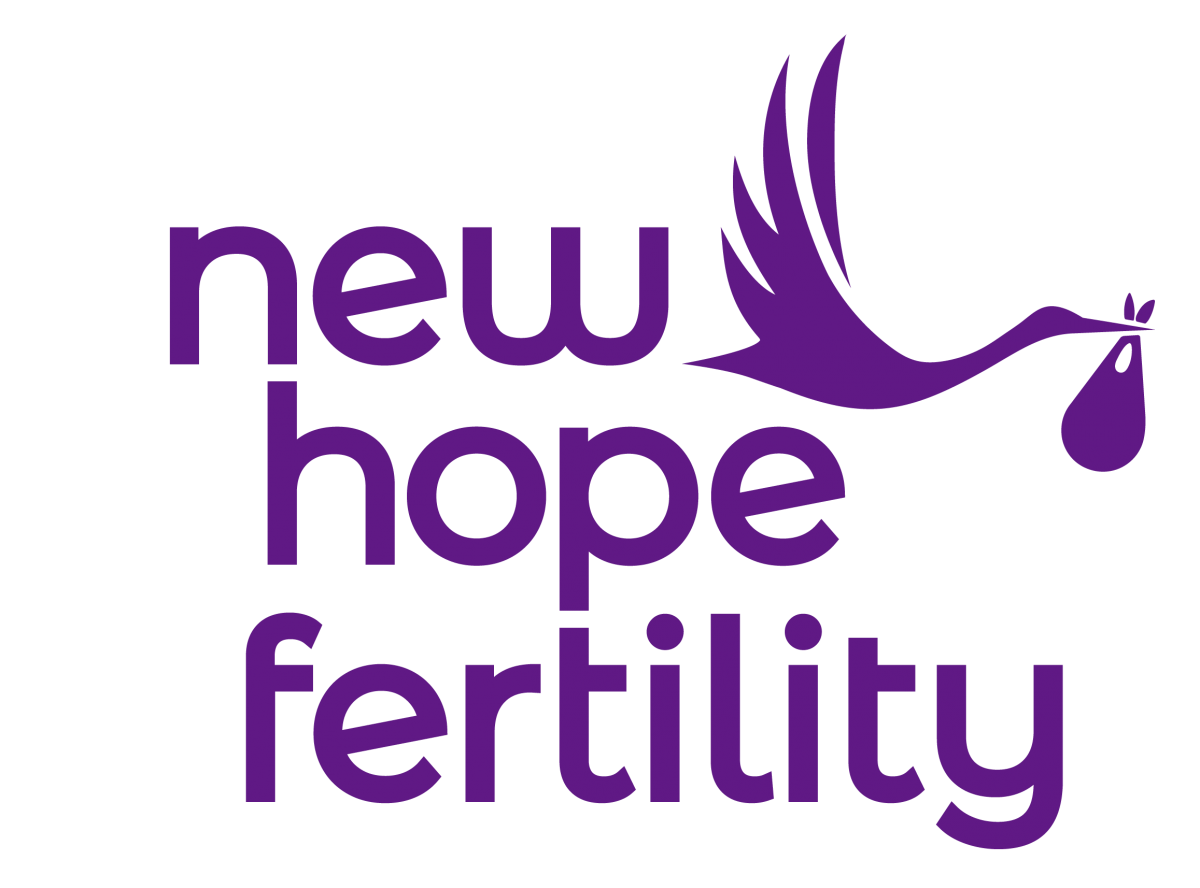There’s a lot of information out there about fertility, conception, and pregnancy, but it’s not all worth your time. It’s important to be able to separate fact from fiction and figure out what’s helpful and what’s not – and that starts with getting familiar with the most common fertility myths.
So, where do you start? Avoid these myths when trying to get pregnant and make decisions based on evidence so you can increase your chances of success each month.
Common Myths About Getting Pregnant
When it comes to getting pregnant, it’s normal to want to know as much as you can. But that can be difficult to do when there’s so much misinformation floating around out there. Set the record straight by getting the facts about some of the most shared pregnancy and fertility myths.
General Myths About Getting Pregnant
Myth: There are only two days each month when you can get pregnant
Fact: The fertile window in a normal menstrual cycle is six days long. That means that there are six, not two, days you can attempt to conceive each month and may find success – the five days leading up to ovulation and a day afterward.
Myth: You need to have sex every day when trying to conceive
Fact: You’re certainly welcome to do this if you like, but it’s not necessary. As mentioned above, there are a limited number of days when conception is most likely, so don’t stress yourself out trying to hit every day of the calendar.
Myth: It’s easy to get pregnant at any age
Fact: As you get older, both the quantity and quality of your eggs decline, as does sperm quality. So, while it is possible to get pregnant into your 40s, your chances of a successful conception and healthy pregnancy do go down.
Myth: Stress can impact your ability to conceive
Fact: Of all the getting pregnant myths, “it will happen when you finally relax” is one of the most unhelpful. Stress is a normal part of life and impossible to avoid just because you’re trying to make a baby. It may impact your chances by resulting in less bedroom time, but there is no research directly linking stress with infertility.
Lifestyle and Pregnancy Food Myths
Myth: You shouldn’t drink coffee during pregnancy or when trying to conceive
Fact: Studies show that it’s safe to consume up to 300mg of caffeine per day during pregnancy, and the same goes for when you’re trying to get pregnant. That’s roughly two six-ounce cups, or a venti latte from Starbucks.
Myth: Your baby can develop allergies from being exposed to certain foods in utero
Fact: So long as you’re not allergic yourself, high-risk allergens like peanuts, tree nuts, and eggs are all perfectly fine to eat when you’re pregnant and won’t harm your baby through exposure.
Myth: Spicy foods can induce labor
Fact: Among the most widely shared pregnancy food myths is that spicy foods are a way to kickstart labor, but this old wive’s tale falls short in practice. Spicy food can cause gastrointestinal distress that stimulates existing contractions; however, the only way that’s going to happen is if you’re already in labor.
Myth: You shouldn’t exercise when pregnant
Fact: It’s true that you shouldn’t start a new high-intensity exercise routine when pregnant, but light-to-moderate exercise is recommended for pregnant women and can offer big benefits during pregnancy, labor, and the postpartum period.
Myths About Infertility
Myth: If you’re not pregnant in a year, you’re infertile
Fact: Women under 35 are advised to schedule fertility counseling if they haven’t gotten pregnant after trying for one year. This doesn’t mean they’re infertile, though. Many couples do go on to achieve spontaneous conception without intervention, with about 95% of couples achieving pregnancy within two years of beginning unprotected timed intercourse.
Myth: Only women can be infertile
Fact: Male infertility is the cause in about half the cases where heterosexual couples are struggling to conceive. Often, male infertility is due to issues with sperm, such as low sperm count, quality, or movement.
Have More Questions About Pregnancy and Fertility?
When educating yourself on fertility, conception, and pregnancy, stick to research-backed sources instead of relying on the first result in a Google search. This will help ensure you get accurate information and will also help you avoid some of the many pregnancy and fertility myths that abound on the internet.
For more in-depth information about pregnancy, or for support on your individual journey to conceive, we also encourage you to reach out to a healthcare professional. Our team at New Hope Fertility is here to help however we can, with personalized advice and fertility consultations so you can get all the answers you need to move forward with confidence.

